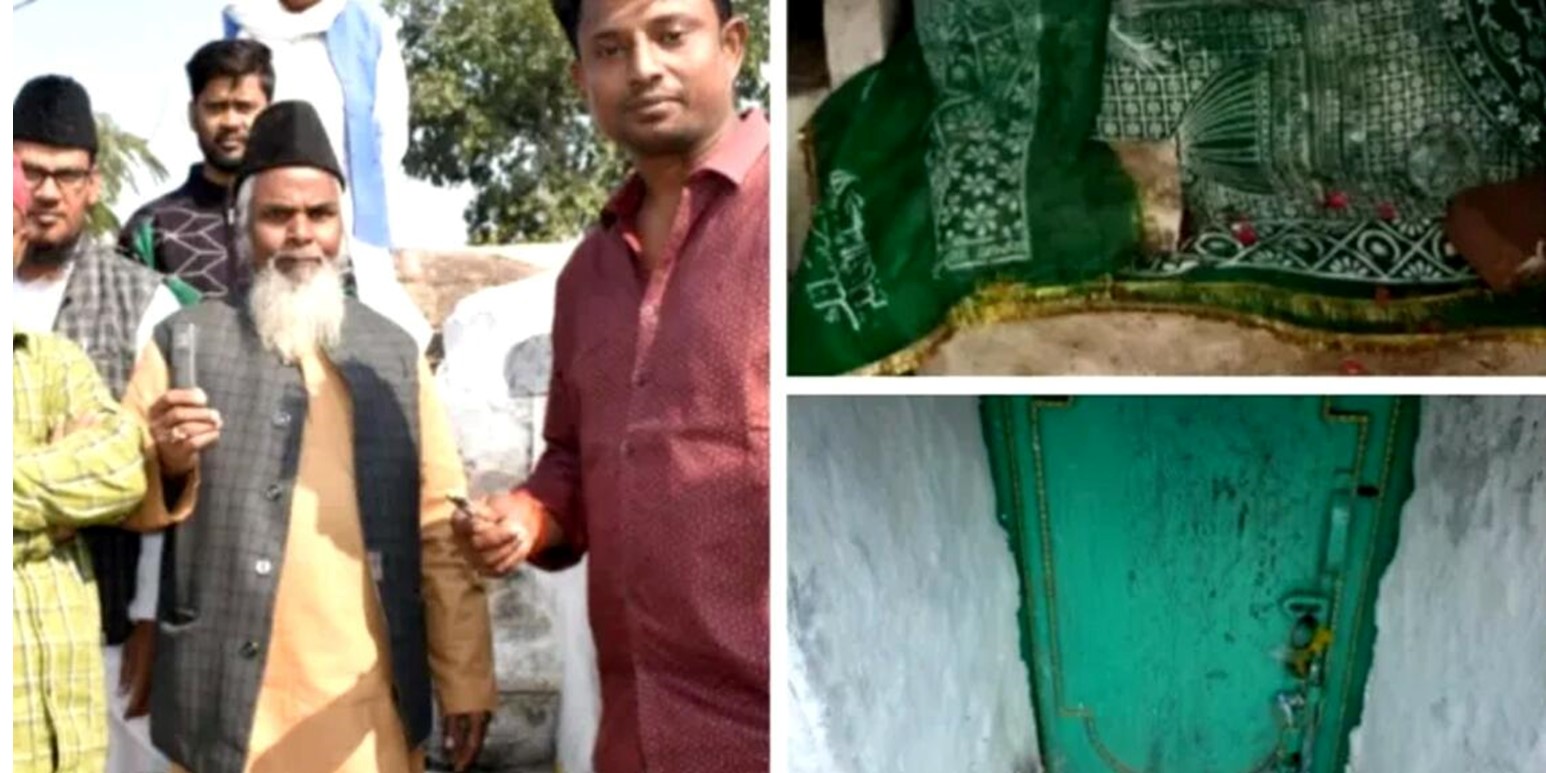Bihar shares international boundaries with Nepal and is surrounded regionally by states like Bengal, Odisha and Uttar Pradesh. It comprises vivid cultural regions-Bhojpur, Mithila and Magadha and with rich rivers like Kosi and Gandak from the north and Sone from the south, that go on to join Ma Ganga.
The land is the epitome of culture heritage and has never failed the test of time. History stands tall in its favour, giving evidences of its glorious past. Rulers from Ashoka to the majestic Guptas have stamped their authority and spread their fame around the globe from the very land. Be it be the educational institutes or religious gurus or traditional heritage, Bihar has given it all. And what makes it even more interesting is that people different spheres of world have accepted everything coming out of Bihar with their open arms.
But, what If such glory takes a turn for the worse and its validity goes for a toss? Imagine you get up a fine morning and learn that the ancient monument has been encroached and defiled by radical goons. what choice are you left with? You will protest, right? Maybe, but what if in return some religious fanatics, instead of understanding your concerns start to mock you and call you names, even label you as an accused, inciting hatred ‘amongst communities’? Puzzled right ? But please don’t be because the topic needs rational thinking. Yeah welcome to modern India, which suffers from the exact malaise we carefully described verbatim.
Omitting the History
Into this very context, comes an interesting case. The Archaeological Survey of India (ASI), on 29th November informed that, the Ashoka edict at Sasaram in Rohtas, Bihar, which was hidden by encroachment, has been successfully reclaimed by the Archaeological Survey of India. The edict is a major archaeological treasure and will be preserved for future generations.
In September of this year, it was reported that the historical site located in the Chandan Hill of the Kaimur hill range at Sasaram, had been encroached upon by some Islamists. The report further added that the site was converted into a Mazar. The history of the site is estimated to be over 2,300 years old.
The agency also reported that a section of the Asoka inscription at Sasaram (dating back to 232 or 231 BCE), which consists of eight lines written in archaic Brahmi script, is badly damaged.
Emperor Asokan’s Minor Rock Edict at Sasaram in Rohtas, Bihar was encroached for long.
The key of the site, which is a protected monument, was handed over to officials of @ASIGoI after intervention of district authorities. pic.twitter.com/mDS8MpyBO2
— Archaeological Survey of India (@ASIGoI) November 29, 2022
It is believed that when Buddha attained enlightenment at Bodh Gaya, during his first visit to Sarnath, he stayed in the cavern for a night. This is where Emperor Ashoka inscribed an edict in 232 BCE. This cavern was acquired by the Archaeological Survey of India and declared a nationally protected monument on December 1, 1917.
But some Islamists encroached on this site and covered it with a green cloth. They painted the surrounding area with limestone. The heritage site was then converted into a ‘Mazaar’ dedicated to some ‘Sufi Saint’. Over time, people began to offer prayers at the shrine and started to hold an annual event in the premise.
Part of a larger conspiracy
However, this is not the first instance of this kind of situation coming to light. The unlawful encroachment of land in the name of Mazar or Mosque has become a considerable concern for the authorities and governments.
In May 2022, reports emerged from Uttarakhand that there had been no mosques in the state until 1985. However, by then, over 2000 illegal Mazars had been established throughout the state.
In October 2021, the Allahabad High Court issued an order for the removal of an unlawful mosque and Mazar from the historic Chandrashekhar Azad Park in Prayagraj. The court commanded the state government to make sure that the order is followed and the park is brought back to its original form.
There are plenty of cases of grabbing land in the name of Mazar or Mosque. People are scared of speaking against such encroachments without the help of either the police, the court or the government. We can only hope that our historical sites don’t witness the same fate as Prahladpuri Temple did in Multan, where Bhagwan Narasimha had famously emerged from.
To put it precisely every historical site carries a heritage, a legacy and reflects the richness of particular region and society. These Islamists have to understand that none of historical heritage sites are made for someone to encroach upon and turn them into Mazars and what not. These monolithic Islamists, building Mazars and mosques at any random place, need to face the wrath of law to get back into their senses.
Support TFI:
Support us to strengthen the ‘Right’ ideology of cultural nationalism by purchasing the best quality garments from TFI-STORE.COM

